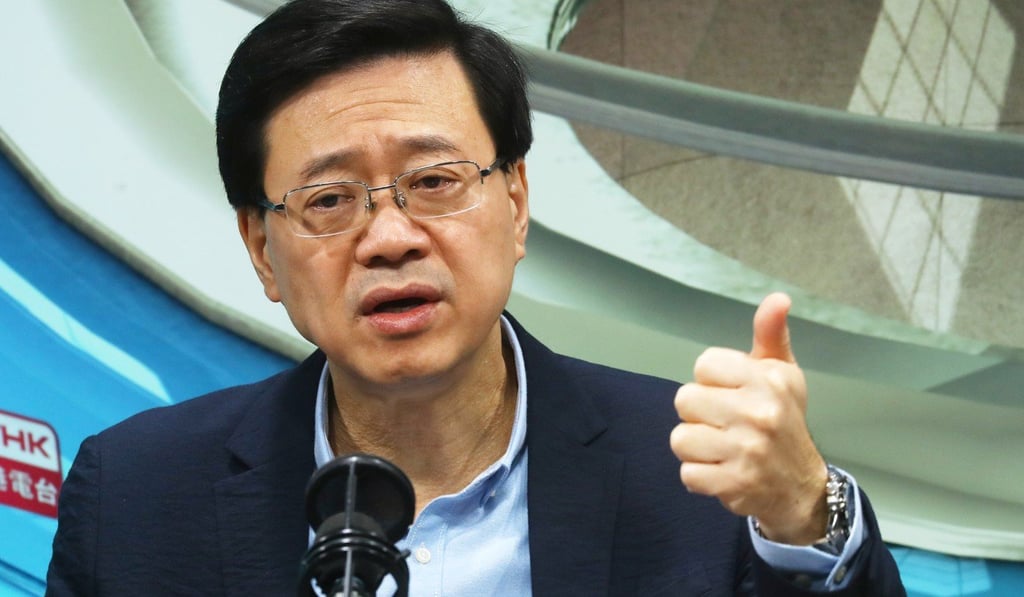Only ministry-level mainland Chinese bodies will request extraditions from Hong Kong, says security chief John Lee
- Security chief looks to ease public concerns over plan to start handing over fugitives to countries with which city lacks agreement, including mainland China

Requests for Hong Kong to hand over fugitives to mainland China will only come from Beijing’s ministry-level bodies, the city’s security chief said on Saturday, adding that those from provincial levels would not be considered.
In a bid to ease public concerns over the legal amendment, which will allow Hong Kong to transfer suspects to places it does not have an extradition deal with, security minister John Lee Ka-chiu said there would be “checks and balances”, even on the mainland.
Speaking on a radio programme, Lee said the central government customarily launched extradition requests from its Ministry of Foreign Affairs, and that such cases would go through many other departments, such as the Ministry of Justice and Ministry of Public Security.
“The request is made from a high level, so checks and balances … definitely exist,” Lee said.

The minister disclosed that mainland authorities planned to centralise any extradition requests to Hong Kong, meaning they would only come from ministry-level bodies.